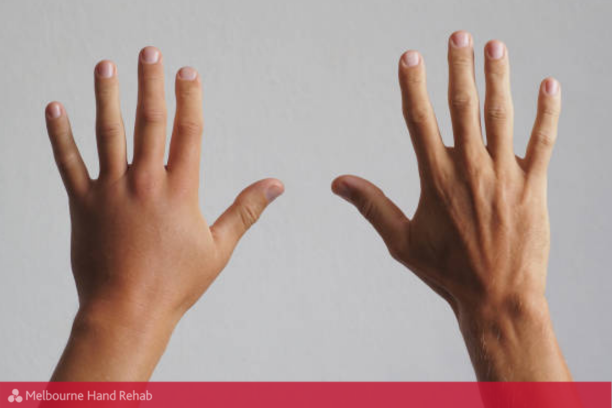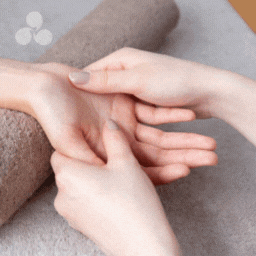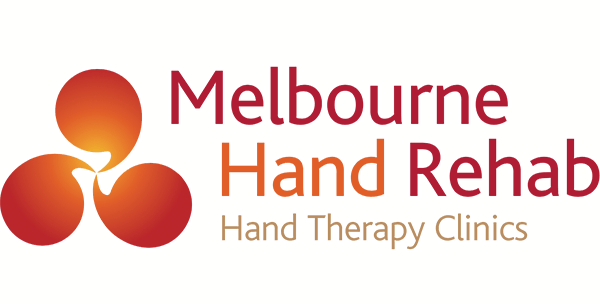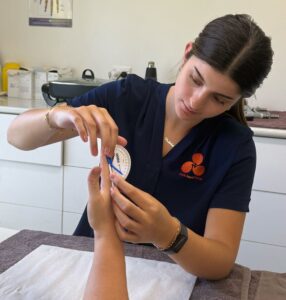
23 Sep Managing Swelling (Oedema) in Hand Therapy
Swelling (or oedema) in the hand is a common problem after injuries or surgeries. If not managed, it can slow down healing, limit movement, and cause discomfort.
This guide explains simple ways to reduce swelling (oedema) using cohesive bandage (coban), tubigrip, and other easy methods.
What is Oedema?
Oedema happens when fluid builds up in your tissues. It can make your hand feel stiff, heavy, or puffy. Managing this swelling is key to getting your hand back to normal.

Simple Ways to Reduce Swelling
1. Coban
Coban is a stretchy bandage that sticks to itself. It’s great for reducing swelling because it’s easy to wrap and adjusts to your finger/hand/arm shape.
How to Use Coban:
● Start wrapping from your fingertips and move toward your wrist.
● Use a spiral or crisscross pattern to cover the area evenly.
● Make sure it’s snug but not too tight. Your skin shouldn’t change colour or feel numb.
2. Tubigrip
Tubigrip is a stretchy tube-shaped bandage that provides gentle pressure to reduce swelling.
How to Use Tubigrip:
● Measure and cut a piece that fits over your swollen area.
● Slide it on, making sure it’s not too tight.
● If more pressure is needed, fold it to create a double layer.
3. Gentle Massage
Massaging your hand can help move the fluid out of swollen areas.
How to Massage:
● Use gentle strokes starting at your fingertips and moving toward your wrist.
● Do this for a few minutes, especially before wrapping or elevating your hand.
4. Keep Your Hand Elevated
Lifting your hand above heart level helps fluid drain away.
Tips for Elevation:
● Use pillows to prop up your hand when sitting or lying down.
● Try to keep your hand elevated throughout the day, especially after exercises.
5. Move Your Hand
Simple hand exercises can help pump the fluid out and reduce swelling. Exercises will be provided by your treating hand therapist, outlining the duration and frequency of completion.
Methods to complete will be directed by your hand therapist, and can be used in conjunction with other methods
Take Care of Your Hand
● Watch for signs that the bandage is too tight, like numbness/tingling or discolouration.
● Be consistent with your swelling management.
● If the swelling doesn’t improve or gets worse, talk to your treating therapist.
If you’re noticing persistent swelling in your hand after an injury or surgery, reach out to our team – we’re here to support your recovery.
BOOK AN APPOINTMENT
For more information, call us directly on 03 9458 5166
You might also be interested in:
- Hand pain from arthritis? This may help
- Hydrobath Therapy, is it for you?
- Why do I have swollen hands in hot weather?
- Compression gloves for arthritis
- Video: Arthritis Joint Protection Principles




